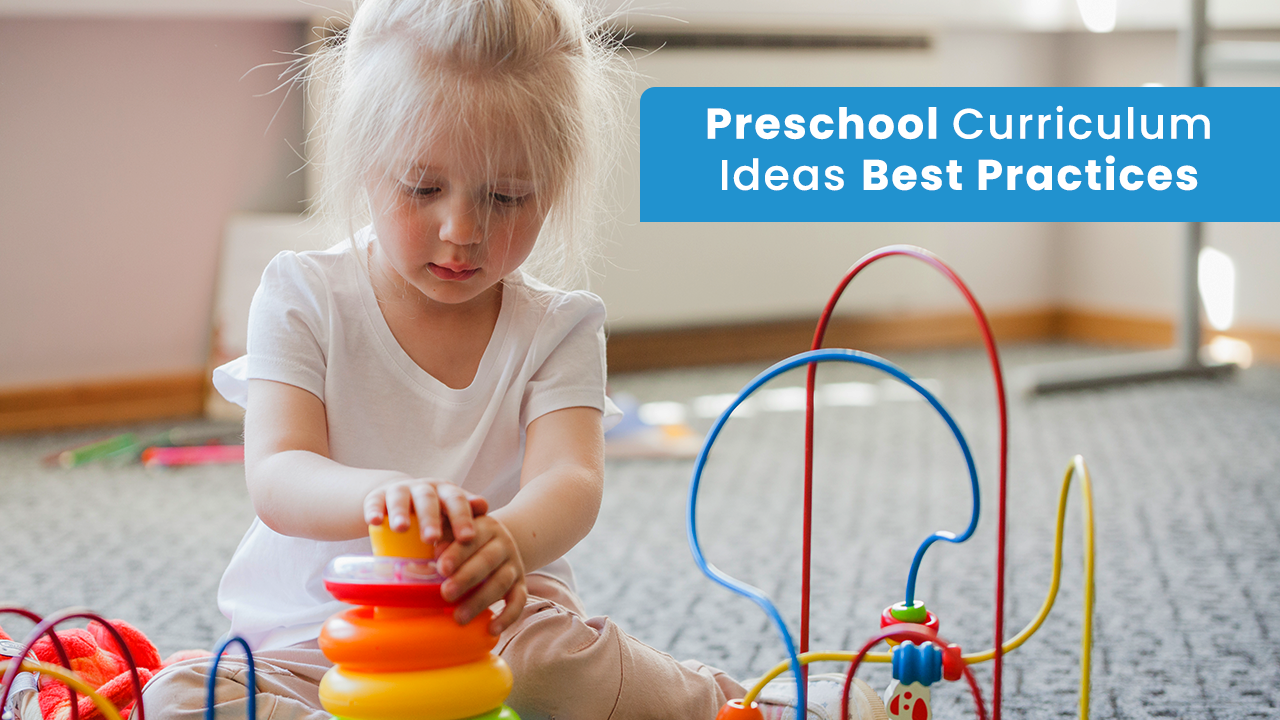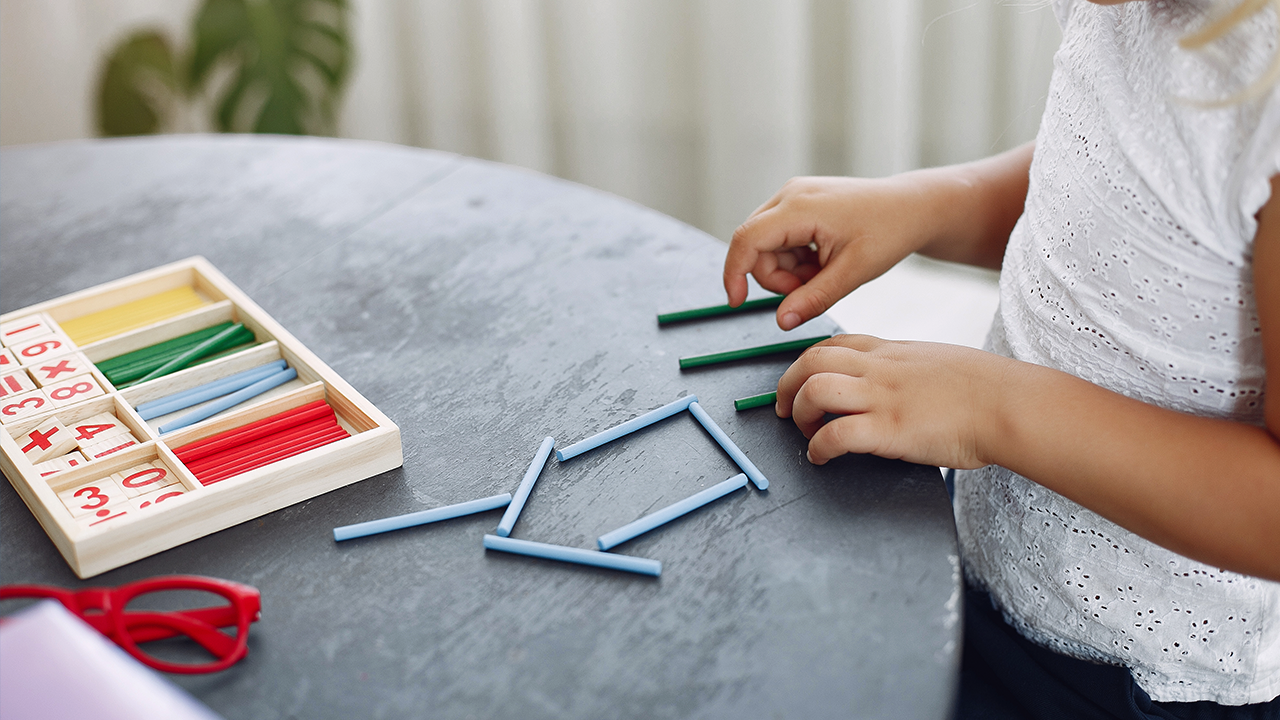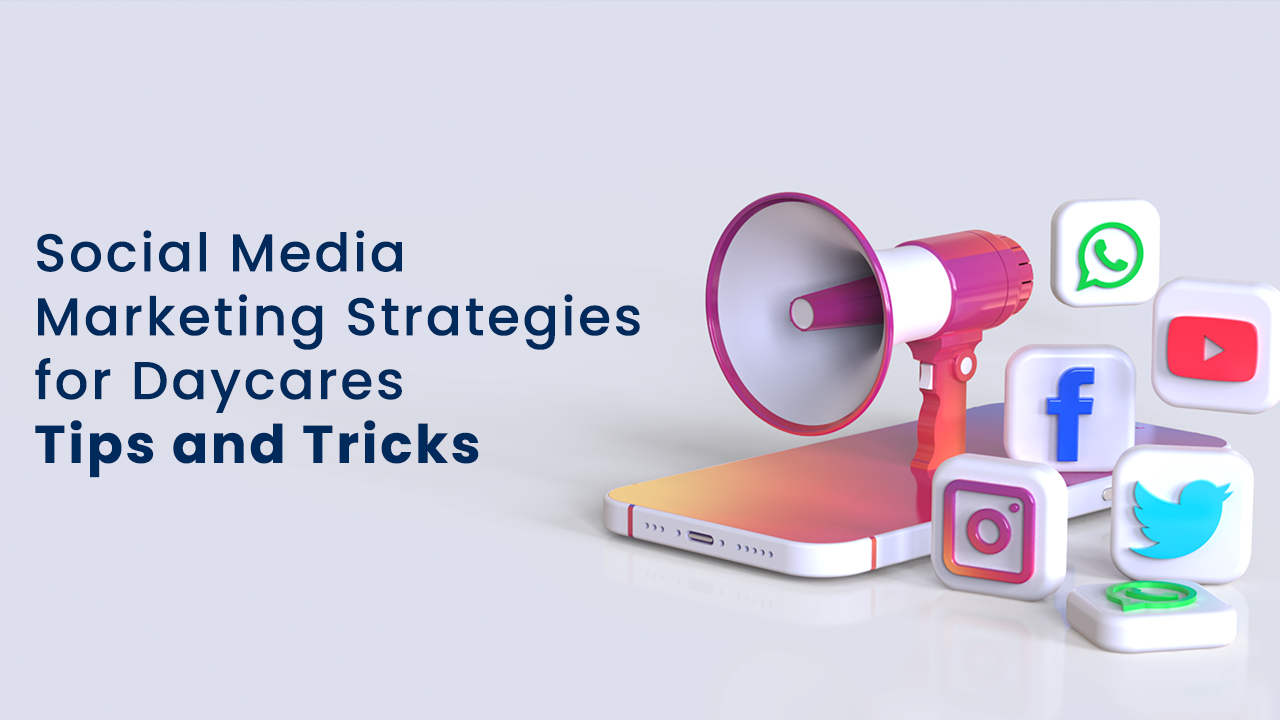
As a parent, selecting the right preschool curriculum can be overwhelming. With many options available, choosing what will be best for your child is difficult. However, choosing the right curriculum can significantly impact your child’s learning experience and prepare them for success in their future education. This blog will explore some exciting preschool curriculum ideas that can help enrich youngsters learning capabilities and help ensure that they reach their full potential. Whether you’re a daycare owner, a first-time parent or looking to switch up your child’s current learning program, this blog will offer some excellent insights and guidance. So, let’s dive in!
What is the preschool curriculum?
Preschool curriculum refers to the set of guidelines and objectives that outline the educational and developmental goals for children aged three to five. A preschool curriculum typically covers various areas of learning, including social, emotional, cognitive, physical, and language development. Some critical components of a preschool curriculum may include literacy, math, science, social studies, art, music and movement, physical education, and health and safety. The specific goals and objectives of a preschool curriculum may vary depending on the individual needs of the children in their care.
What is the Importance of the Preschool Curriculum?
The preschool curriculum plays a vital role in children’s early childhood education. Here are some of the reasons why the preschool curriculum is essential:
Promotes early learning
A well-designed preschool curriculum provides a foundation for early learning and development in literacy, math, science, and social skills. It helps children develop a love of learning that can last a lifetime.
Encourages social and emotional development
The preschool curriculum helps children develop social and emotional skills, such as empathy, self-regulation, and communication, essential for success in school and life.
Supports cognitive development
The preschool curriculum provides opportunities for children to develop their cognitive abilities, such as problem-solving, critical thinking, and creativity.
Fosters independence and self-esteem
The preschool curriculum helps children develop a sense of independence and self-esteem as they learn new skills and take on new challenges.
Prepares children for kindergarten
A well-designed preschool curriculum can help prepare children for kindergarten’s academic and social demands, setting them up for success in their future education.
The Most Creative Preschool Curriculum Ideas?
Many creative preschool curriculum ideas can help engage and inspire young children. Preschool is an exciting time for young children to learn and develop new skills. While traditional preschool curriculum ideas like literacy and math are essential, incorporating creative and engaging activities can help enhance the learning experience and promote growth and development in all areas. This section will explore the most creative preschool curriculum ideas teachers can use to inspire and engage their young learners. From play-based learning and nature-based activities to storytelling and drama, sensory play, and STEAM activities, we will discuss various innovative preschool curriculum ideas that can help create a fun and effective learning environment for preschoolers. Preschool teachers can use different approaches and multiple activities to promote creativity, critical thinking, and a love of learning that can last a lifetime.

Here are some of the most creative preschool curriculum ideas
Play-based learning
Children learn best through play, so incorporating play-based activities into the curriculum can be a fun and productive way to promote learning. For example, they use blocks or toys to teach math concepts like counting and sorting or use art materials to teach colors and shapes.
Nature-based learning
Spending time outdoors and exploring nature can greatly promote learning and creativity. Activities like nature walks, gardening, and outdoor art projects can help children develop an appreciation for the natural world and encourage curiosity and exploration.
Cultural and diversity education
Teaching children about different cultures and promoting diversity can help them develop empathy, respect, and appreciation for different perspectives. Activities like exploring traditional music, dance, and art from other cultures or learning about foreign languages can help children understand and celebrate diversity.
Storytelling and drama
Using storytelling and drama activities can help promote language development and creativity. For example, reading books aloud and encouraging children to act out the story or create their own stories and plays.
Sensory play
Sensory play activities, such as playing with playdough, sand, or water, can help children develop their senses and promote creativity and exploration.
Music and movement
Incorporating music and movement activities into the curriculum can help children develop gross motor skills, coordination, and rhythm and promote inventiveness and self-expression.
STEAM activities
Incorporating science, technology, engineering, art, and math (STEAM) activities into the curriculum can help children develop problem-solving, critical thinking, and creativity skills. For example, building structures with blocks or Legos, designing and testing simple machines, or creating art projects that involve math concepts.
Cooking and nutrition education
Cooking and nutrition education can help children develop healthy habits and learn about healthy food choices. Activities like preparing simple snacks, learning about food groups, and exploring different ingredients can help children develop their fine motor skills and an understanding of essential nutrition.
Social-emotional learning
Social-emotional learning activities can help children develop their emotional intelligence and interpersonal skills. Activities could be something like identifying and expressing emotionsand practising problem-solving and conflict resolution. This also covers exploring feelings through art and music can help children develop strong relationships and self-awareness.
Service learning
Service learning activities can help children develop a sense of community and empathy for others. These activities can help children understand the importance of giving back and positively impacting their community.
Preschool Curriculum Ideas become more applicable with 360Daycare Management Software Solutions.
Daycare management software can be valuable for managing preschool curriculum in several ways. Here are some ways that daycare management software can help with preschool curriculum management:
Curriculum planning
Daycare management software can provide tools to help preschool teachers plan and organize preschool curriculum ideas. For example, 360Daycare helps with lesson planning, scheduling, and tracking progress toward learning objectives.
Learning assessment
Daycare management software can help teachers assess and track children’s learning progress. This can help identify areas where children may need extra support or where adjustments to the curriculum may be necessary.
Communication
Effective preschool curriculum management is essential to good communication between teachers, parents, and administrators. 360Daycare management software can provide a platform for communicating curriculum objectives, lesson plans, progress reports, and other important information.
Reporting
Daycare management software can generate reports and analytics that provide insight into curriculum effectiveness and learning outcomes. This can help teachers and administrators make data-driven decisions to improve the curriculum and meet the needs of individual children.
Resource management
Daycare management software can help manage resources such as materials, supplies, and equipment needed for curriculum activities. This can help ensure teachers have access to the resources they need to implement the curriculum effectively.
Overall, daycare management software can be a valuable tool for managing preschool curriculum. Providing such tools help daycares create a more effective curriculum that meets the needs of young learners.


